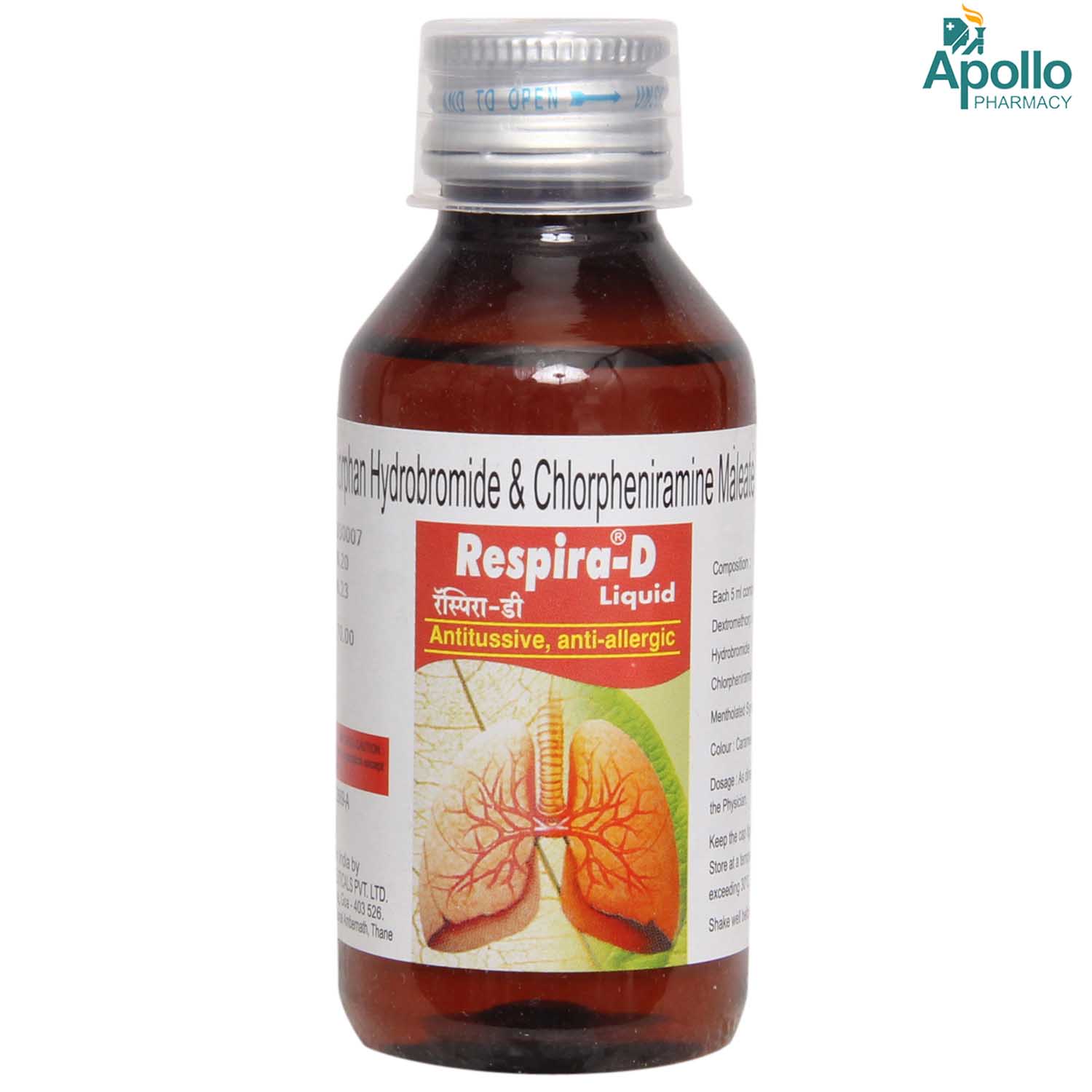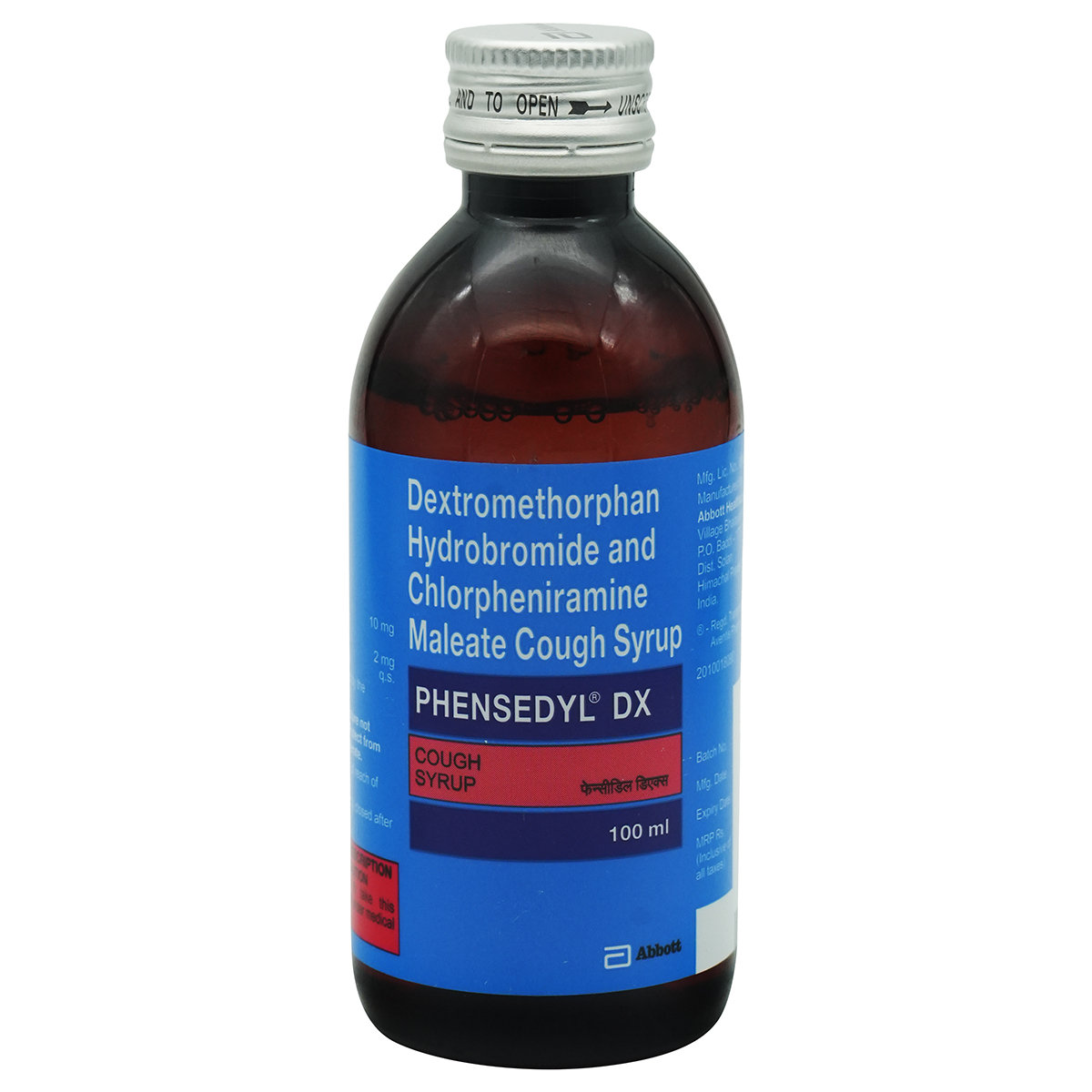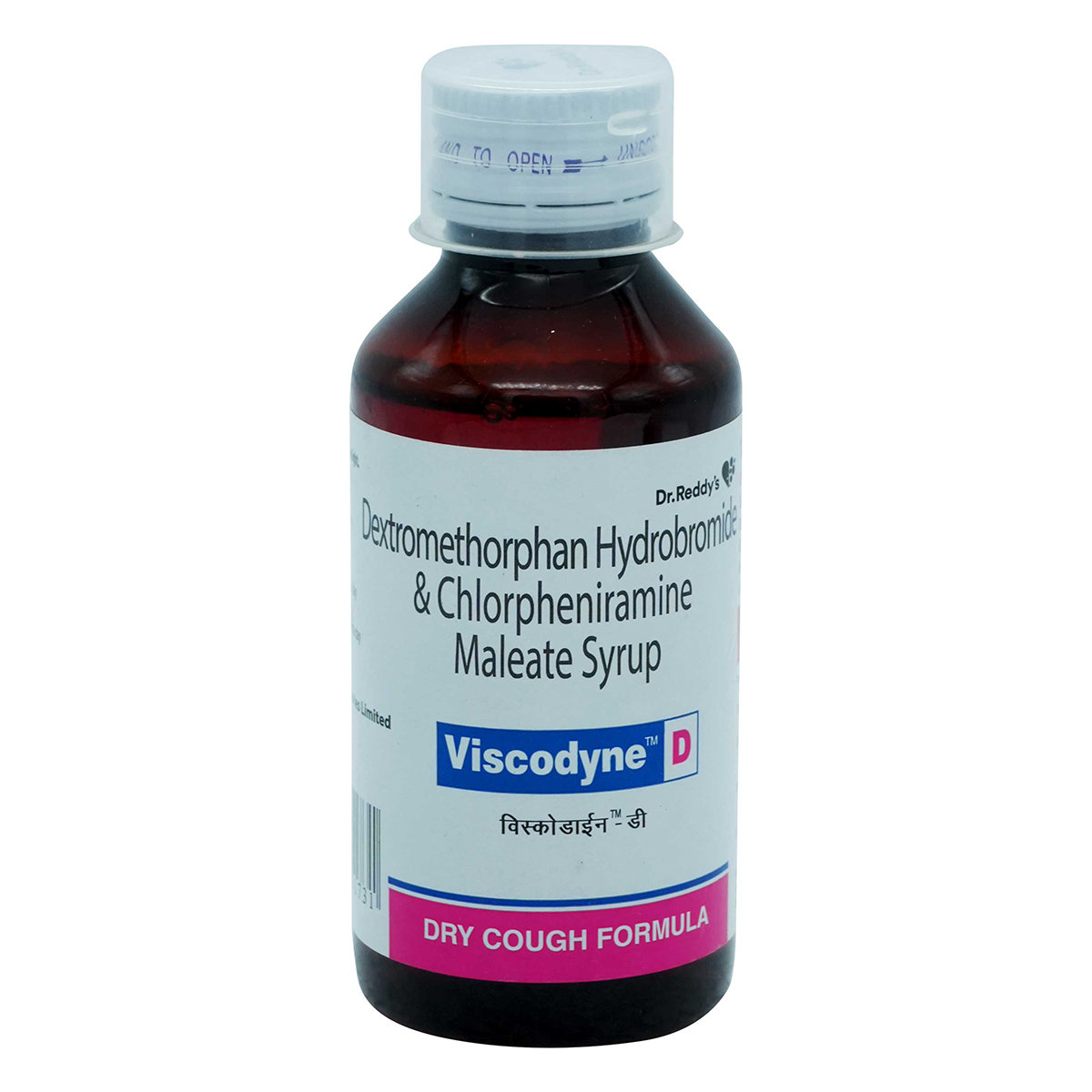- Home
- Cosant Syrup
Cosant Syrup Substitute
Cosant Syrup Substitute
Medicine Composition:
CHLORPHENIRAMINE MALEATE-2MG+DEXTROMETHORPHAN HYDROBROMIDE-10MGAll Substitutes & Brand Comparisons
RX
Out of StockBrozine D Syrup
₹55
(₹0.5/ 1ml)
24% CHEAPERRX
Out of StockCostus DX Syrup
Human Biolife India Pvt Ltd
₹65
(₹0.59/ 1ml)
10% CHEAPERRX
Out of StockAvokuf D Syrup
Avonic Life Sciences
₹68
(₹0.61/ 1ml)
7% CHEAPERRX
Out of StockAdlecof D Syrup
₹72
(₹0.65/ 1ml)
1% CHEAPERRX
Salmodil-DX Syrup 100 ml
FDC Ltd
₹84.5
(₹0.76/ 1ml)
15% COSTLIERRX
Out of StockBrutus DX Syrup
Mdc Pharmaceuticals Pvt Ltd
₹84.5
(₹0.76/ 1ml)
15% COSTLIERRX
Respira D Liquid 100 ml
Geno Pharmaceuticals Pvt Ltd
₹102.5
(₹0.92/ 1ml)
39% COSTLIERRX
Out of StockAmbrodil-D Junior Syrup 60 ml
Aristo Pharmaceuticals Pvt Ltd
₹70
(₹1.05/ 1ml)
59% COSTLIER- Apollo-Trusted
RX
Phensedyl DX Syrup 100 ml
Abbott India Ltd
₹144
(₹1.08/ 1ml)
63% COSTLIER RX
Out of StockCozin DX Syrup Sugar Free
₹119.75
(₹1.08/ 1ml)
63% COSTLIERRX
Cozin DX Syrup 100 ml
Somatic Labs Pvt Ltd
₹123
(₹1.11/ 1ml)
68% COSTLIERRX
Aspituss-DX Sugar Free Cough Syrup 100 ml
Asprant Life Science Pvt Ltd
₹130
(₹1.17/ 1ml)
77% COSTLIERRX
Solvin Syrup 60 ml
Ipca Laboratories Ltd
₹83.5
(₹1.25/ 1ml)
89% COSTLIERRX
Viscodyne D Syrup 100 ml
Wockhardt Ltd
₹147.5
(₹1.33/ 1ml)
101% COSTLIERRX
Zedex-SF Cough Syrup 100 ml
Wockhardt Ltd
₹190
(₹1.71/ 1ml)
159% COSTLIER

When Should You Consider Switching from Cosant Syrup?
Patients may explore substitutes in the following scenarios:
- High monthly cost of Cosant Syrup
- Non-availability in local pharmacies
- Generic recommendation by a doctor
- Side effects or better tolerability with alternatives
What to Know Before Switching
Before you switch from Cosant Syrup to another medicine, here are some important points to keep in mind:
Same salt, different brands:
Most substitutes contain the same active ingredient - CHLORPHENIRAMINE MALEATE-2MG+DEXTROMETHORPHAN HYDROBROMIDE-10MG, but the fillers, coating, or manufacturing quality may vary slightly.
Consult your doctor first:
Even if the salt is the same, your doctor can confirm if the substitute is right for your condition, dosage, and health history.
Watch out for allergies or reactions:
Some people may react differently to certain brands due to inactive ingredients. If you notice any side effects, inform your doctor immediately.
Price ≠ effectiveness:
A lower-priced substitute doesn't mean it's less effective. Many generic medicines work just as well as branded ones.
Check the dosage form and strength:
Always match the substitute’s strength (e.g., 5mg, 10mg) and form (tablet, capsule, syrup) with what your doctor prescribed.
Uses
Cosant Syrup is used to treat Cough. The detailed uses of Cosant Syrup are as follows:
- Cough Relief: Cosant Syrup provides cough relief by acting on the brain's cough centre, reducing the frequency and intensity of coughing and preventing throat irritation.
- Allergic Symptoms: Cosant Syrup can be used to treat allergy-related symptoms, including throat discomfort, sneezing, and a runny nose.
- Sleep Aid: Cosant Syrup supports individuals who are having trouble sleeping because of a cough or respiratory pain by adding sedative properties.
Medicinal Benefits
- Cosant Syrup is a combination of two drugs: Chlorphenamine maleate (antihistamine) and Dextromethorphan hydrobromide (cough suppressant).
- Chlorphenamine maleate belongs to the class of antihistamines, also known as anti-allergic agents, that work by blocking the action of histamine, a substance responsible for causing allergic reactions.
- Dextromethorphan hydrobromide belongs to the class of cough suppressants that block the transmission of nerve signals from the cough centre in the brain to the muscles that produce cough.
- Eases sneezing, runny nose, and watery eyes from allergies.
- Reduces itching and irritation in the nose and throat.
- Relief from dry and irritating cough.
FAQs
The substitutes of Cosant Syrup contain the same active salt(s) - CHLORPHENIRAMINE MALEATE-2MG+DEXTROMETHORPHAN HYDROBROMIDE-10MG. However, they may differ in price, manufacturing quality, and inactive ingredients. Speak to your doctor to find a suitable option.
Switching to a generic substitute medicine in the place of Cosant Syrup is often possible if it has the same salt, strength, and dosage form. But always check with your doctor before making any changes to your medication.
Generics versions of Cosant Syrup are typically more affordable because they don’t include the original brand's research, development, and marketing costs. They contain the same active ingredient and are approved for safety and effectiveness.
Most people don’t notice any difference. However, some may react to different fillers or coatings. If you notice any unusual symptoms after switching, consult your doctor.
Make sure the new medicine has the same active salt, strength, dosage form. Always confirm the change with your doctor or pharmacist.
Substitutes of Cosant Syrup meet the same safety and efficacy standards as Cosant Syrup, but small differences in absorption or formulation can exist. A doctor can help you choose the right one for your needs.
Yes. Substitutes of Cosant Syrup may vary in color, size, or shape due to differences in manufacturing and branding, but this does not affect how they work.
Yes, it’s generally safe to switch between multiple substitutes of Cosant Syrup if they have the same salt and strength. However, always inform your doctor so they can monitor how your body responds.
Yes, many people safely use substitutes of Cosant Syrup for long-term treatment. Just ensure it’s done under medical supervision.
If your symptoms stay under control or lab results remain stable, the substitute for Cosant Syrup is likely working well. Regular follow-ups with your doctor are important.
Absolutely. Even with the same salt, small differences can affect how your body responds when switching from Cosant Syrup to its substitute. Always consult your doctor before switching.
Cosant Syrup is used to treat cough due to runny nose, sneezing, and throat irritation.
Cosant Syrup contains Chlorphenamine maleate and Dextromethorphan hydrobromide. Chlorphenamine maleate blocks the action of histamine, a substance responsible for causing allergic reactions. Dextromethorphan hydrobromide works by blocking the transmission of nerve signals from the cough centre in the brain to the muscles that produce cough. Thus, decreasing the urge to cough.
Cosant Syrup may be used to relieve allergic symptoms such as sneezing, runny nose, throat irritation, or watery eyes. Cosant Syrup contains Chlorphenamine maleate, an anti-allergic drug that works by blocking the action of histamine, a substance responsible for causing allergic reactions.
Cosant Syrup may cause dry mouth as a temporary side effect in some people. It is not necessary for everyone taking Cosant Syrup to experience this side effect. However, to avoid such side effects, drink plenty of water, rinse your mouth regularly, practice good oral hygiene, and suck on sugarless candy. However, if the condition persists or worsens, please consult a doctor.
You are recommended to take Cosant Syrup for as long as your doctor has prescribed it. However, if the symptoms persist or worsen even after one week of using Cosant Syrup, please consult your doctor.
It is advised not to stop taking Cosant Syrup without consulting your doctor, as it may worsen the cough or cause recurring symptoms. Therefore, take Cosant Syrup for as long as your doctor has prescribed it, and if you experience any difficulty while taking Cosant Syrup, please consult your doctor.
Caution should be advised while using Cosant Syrup in people with Prostate problems. So, it should be taken only under the supervision of the doctor.
Cosant Syrup should not be taken along with medicines called monoamine oxidase inhibitors (MAOIs), which are used in the treatment of psychiatric illness.
Cosant Syrup is not recommended for children below 2 years of age. However, it can be used by children older than 2 years of age if prescribed by a child specialist.
Caution is advised when using Cosant Syrup in individuals with eye problems. It should be taken only under the supervision of a doctor.
Yes, Cosant Syrup is a good option to treat dry cough.
Symptoms, such as cough and congestion, are usually relieved within 30 minutes to an hour of taking the Cosant Syrup, depending on the individual's response and the intensity of the symptoms.
Cosant Syrup is a combination of two drugs: Chlorphenamine maleate and Dextromethorphan hydrobromide.
No, taking more than the prescribed dose may not be more effective; it may raise the possibility of experiencing severe adverse reactions.
There is no substantial research yet on using Cosant Syrup in breastfeeding mothers. If you are a nursing mother, let your doctor know before taking Cosant Syrup; your doctor will decide whether breastfeeding mothers can take it or not.
Yes, Cosant Syrup may make you feel sleepier or drowsier.
Cosant Syrup is safe to use if the doctor prescribes it, but it has specific limitations.
No, Cosant Syrup is not an antibiotic medication. It is a combination of an antihistamine and an antitussive.
No, it is not recommended to treat fever. It is intended to treat cough.
Cosant Syrup should be taken for the duration prescribed by the doctor based on your condition. Usually, it is taken every 8-12 hours.
The timing of taking Cosant Syrup can vary depending on the specific instructions your healthcare professional provides.
Common side effects of Cosant Syrup may include dry mouth/throat/nose, drowsiness, blurred vision, constipation, dizziness, and restlessness. Most of these side effects of Cosant Syrup do not require medical attention and gradually resolve over time. However, if the side effects persist or worsen, please consult your doctor.







